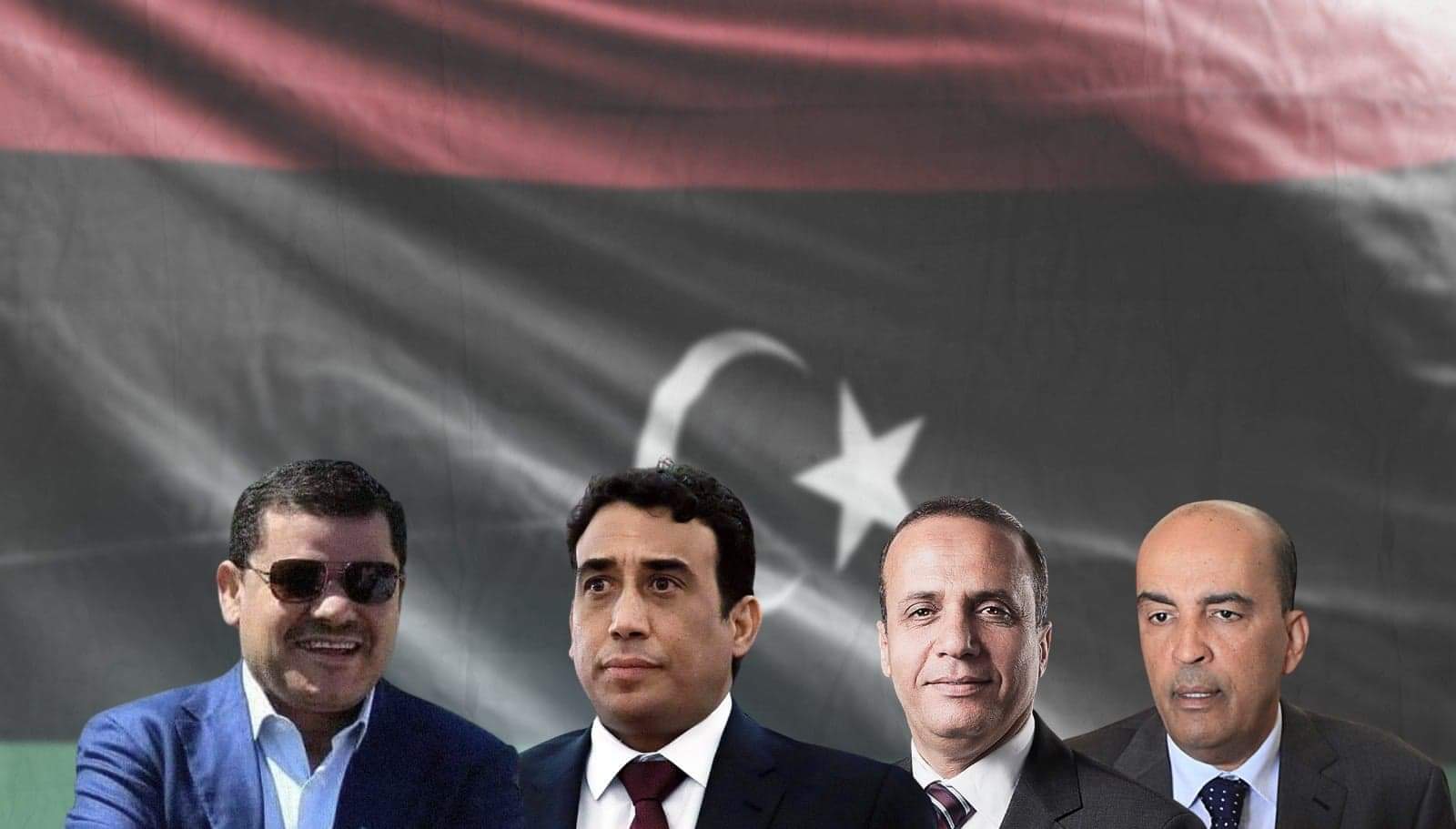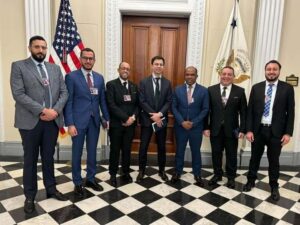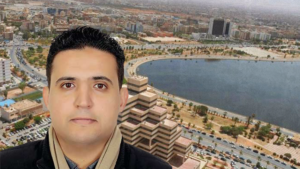Since 2011, when Libyans ousted and killed Muammar Gaddafi, Libya has welcomed quite a number of transitional governments, the last of which: Government of National Accord (GNA) was brokered by the UN Support Mission (UNSMIL) in December 2015 and has gone on to remain in office up until February 05, 2021, when a new unified executive authority (Interim Government) has been selected by the members of the Libyan Political Dialogue Forum under the auspices of UNSMIL.
The new Libyan executive authority was selected by 73 members of the LPDF in a runoff voting round for the two finalist lists of candidates for the Presidential Council and Prime Minister: List of Mohammed Menif as Head of Presidential Council, Mossa Al-Koni and Abdullah Al-Lafi as members, and Abdul-Hamid Dbeibah as Prime Minister V.S. List of Aqila Saleh as Head of Presidential Council and Abdelmajid Seif Al-Nasser and Osama Juwaili as members, and Fathi Bashagha as Prime Minister.
The Menif-Debeibah list won LPDF election in Geneva by 39 votes for 34 votes for Saleh-Bashagha list.
What to Expect?
The new executive authority headed by Menfi and Dbeibah will be obliged to resign by December 24, 2021, ten months and three weeks from now, in order to make way for an elected government to rule the country – only if elections were held by that time, according to the roadmap of the LPDF, which in fact was the entity that elected this new government based on what they described as regional and geographical sharing of power: in other words; a regional quota system.
To start its thorny journey towards December elections, the new interim government must be endorsed by the Libyan House of Representatives (HoR) in 21 days, and if the HoR failed to do so, the decision would go to the Libyan Political Dialogue Forum members.
In a speech after the selection of the Presidential Council members and the Prime Minister, the acting UN envoy, Stephanie Williams, said it would be necessary that the new executive authority commit to the date set for general elections and to support the High National Elections Commission.
The High National Elections Commission reiterated support for the UN-led dialogues’ results and welcomed the election of the new executive authority, vowing to work closely with the newly elected interim government to pave the way for general elections in the country, where all Libyans can cast their votes and have a say in this democratic process.
Yet, before December 24, the new interim government will have to work hard on several issues in a very tight span of time.
Mercenaries and Coastal Road
The new executive authority will have to pick up from where the outgoing entities are leaving regarding the implementation of the ceasefire agreement signed last October by the 5+5 Joint Military Commission, especially the swift departure of all foreign fighters and mercenaries from Libya, clearing mines and reopening the coastal road.
Displacement
The interim government will also have to come up with effective and speedy plans to allow displaced people: whether forced to leave home over war, threats or other life threatening matters – to return to their houses and cities unafraid of vendetta or retaliation by any party.
Constitution: Draft and Referendum
Menfi-Dbeibah government, which is yet to be formed in full after it receives the confidence vote from the HoR, will have to adopt the constitution draft of the Constitution Drafting Assembly and then cooperate with relevant authorities as well as the High National Elections Commission to carry out a constitutional referendum so people can vote for or against the draft: of course after adopting a valid elections legislation.
No Time to Waste!
The three-member Presidential Council and the Prime Minister, who is yet to name his cabinet based on qualifications and professionalism, have only ten months to lead a country that has been torn apart by ten years of war. A difficult but possible task!





